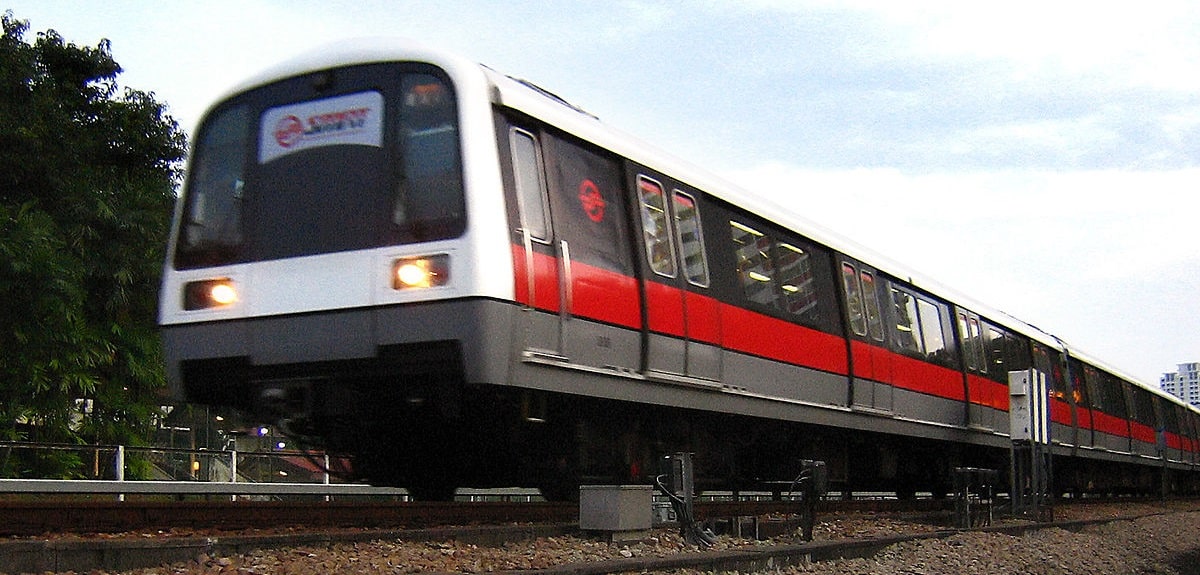By Matherson Andrews
Soon it’s going to be two years since we last had a general election. Between this time and now, a lot of issues have cropped up in Singapore—from the 38 Oxley Road saga to increased train delays as the government seeks to progress to a car-lite society. However, between then and now, the difference in engagement by opposition parties has been like night and day.
There are some political parties that are able to engage with residents they are not MPs of. I am heartened to see some members of the Workers Party and the Singapore Democratic Party trying to get their word out by doing house visits, and that is a very good first step in trying to lay the ground running for the next election. But that is not representative of the opposition in general, which seems to recede to the sidelines since the last election. So, for this post today, I will like to talk about the parties that are hibernating.
Politicians are not just judged on what they do during the campaign period, they are judged by what they do before the campaign as well as their previous campaigns. This is why the People’s Action Party politicians use the story of Chee Soon Juan being disrespectful to Goh Chok Tong during rallies. Likewise, the Chiam See Tong saga is still used as a political device against SDP. Although the election system makes it seem like we are voting for a political party rather than for the politicians, it is inevitable for people to draw links between the political party and the people that are representing the political party.
This is why opposition parties have already put one foot outside the door when they engage the electorate only during the election period. By doing so, they are not allowing the public to have a better understanding of who they are, what they stand for, their character and values, and what they intend to do for the residents should they be elected. A decision to decide who represents us in parliament is not a decision that is meant to be taken lightly, and so when I decide who represents me, it is imperative that I have sufficient knowledge on who will represent me in parliament.
The PAP does have the upper hand in being able to enact their policies, but the opposition parties are not handicapped to the extent that they cannot do anything to engage with the populace between elections. House visits are good first steps, but there is a lot more that opposition parties can do in engaging with the populace at hand.
Instead of providing something substantive to voters, some opposition politicians choose to focus themselves more on attacking the PAP instead of putting centre stage what they will do if they are elected into office. It is not that all opposition parties have no alternative policies, they do. But why is this not shown more publicly to the electorate? Alternative policies should be brought out for discussion in public for its merits and flaws, and not just a document that is hidden in the website of the party.
For the other opposition parties that do not have substantive alternative policies and only go around attacking the incumbents, they have put themselves in a position of being merely armchair critics, and not groups that exhibit qualities that will elect them into office, other than the fact that they will be independent in office. Having an independent voice is important in drafting laws and policies, but mere independence without principles will not bring the opposition far.
In some constituencies, I am puzzled as to why voters there will vote for the opposition. Are they voting on the basis of the policies and ideas the opposition are proposing, or are they voting to show their dissatisfaction towards the PAP? For the former, if the policies given are not detailed, and their ideas are impractical such that spending is not accounted for, then people are indirectly voting for bad policy. If they are voting for opposition because they are anti-pap, that is worse reason to vote for them than the former as this allows opposition parties to gather free votes without putting much effort. All the opposition need to do is to stir up voter resentment towards the incumbents and the opposition will get the votes they need. After they clear the 12.5% threshold, they get back their deposit, become dormant, only to begin this whole process in the next election.
So, where is the opposition? An opposition that is really serious on governing and not only being an armchair critic? An opposition that continuously engages with the crowd and not resurfaces only during election season? An opposition that really makes the people critically consider the direction the country is taking, and not just act as a mouthpiece to air their grievances? The electorate is changing, and emotion is going to be a harder device to use to persuade people to vote opposition. So the opposition will have to seriously consider the strategy it is using to engage its voters, be serious, knowing that time is not on their side.








